“An authentic replica of the guitar designed by legendary automotive designer Ray Dietrich”: Meet the Epiphone and the Gibson Custom Shop’s latest collaboration, the 1963 Firebird I and V
Famously played by Johnny Winter, Eric Clapton and more, the Firebird remains a stunning bird, and this top-tier Epiphone model offers it with a vintage-style build and Gibson USA pickups
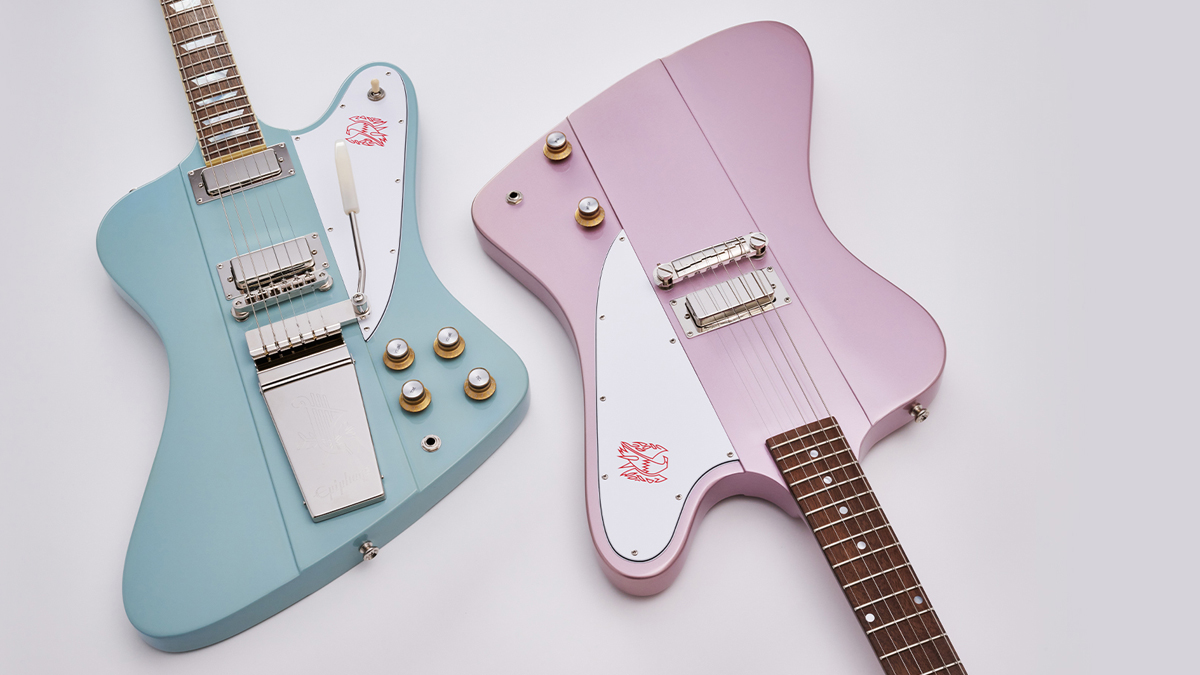
Want all the hottest music and gear news, reviews, deals, features and more, direct to your inbox? Sign up here.
You are now subscribed
Your newsletter sign-up was successful
Cesar Gueikian is as good as his word. Only last week the Gibson Brands president and CEO promised us that we will see more collaborations between Epiphone and the Gibson Custom Shop and here we have them, the 1963 Firebird I and V.
These Firebirds were teased back in the fevered heat of January NAMM season, and follow hot on the heels of the tricked-out Les Paul signature guitars for Adam Jones and Kirk Hammett, and carry on with the theme of this Custom Shop collaboration. Epiphone might be making these electric guitars at their Chinese facility but they’ve got Gibson USA DNA all over them, with US electric guitar pickups the headline items in a spec list that is high-end in anyone’s language.
Both Firebirds are fitted with a Gibson USA Firebird Mini Humbucker; the 1963 Firebird V has a pair of them at the neck and bridge, the Firebird I a single pickup at the bridge.
Based around the core of an Alnico V magnet, these mini ‘buckers have no shortage of venom if you want to dime that amp as Johnny Winter – the Firebird’s most-famous champion – did, but they sweeten up nicely when the occasion calls for it. And yes, these are the very same pickups you’ll find on a Gibson Murphy Lab Firebird, which is just one of the reasons that this collaboration is worth paying attention to.
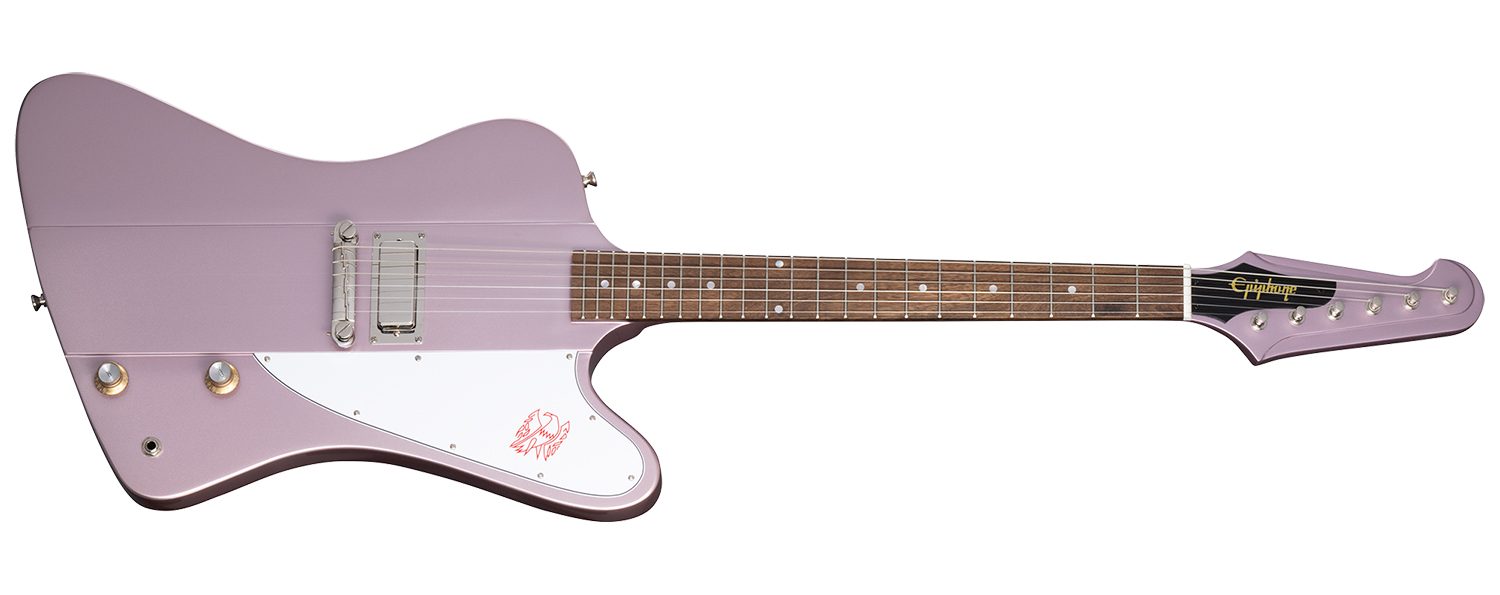
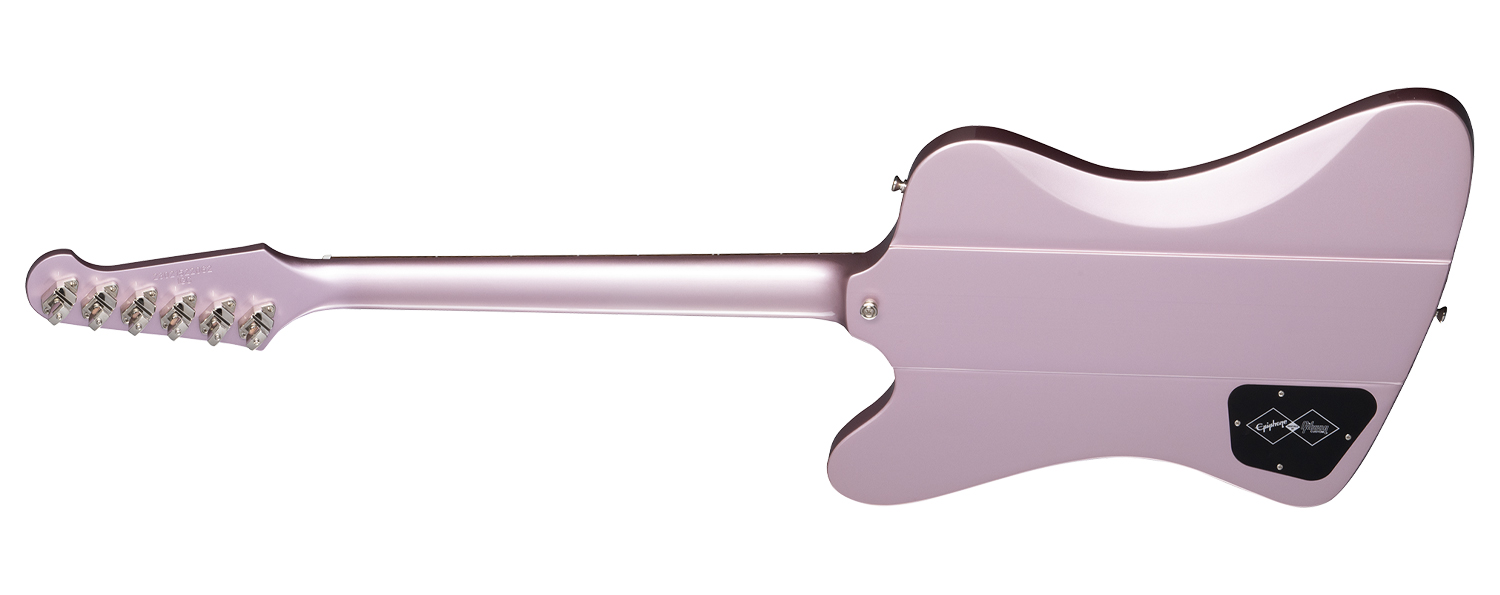
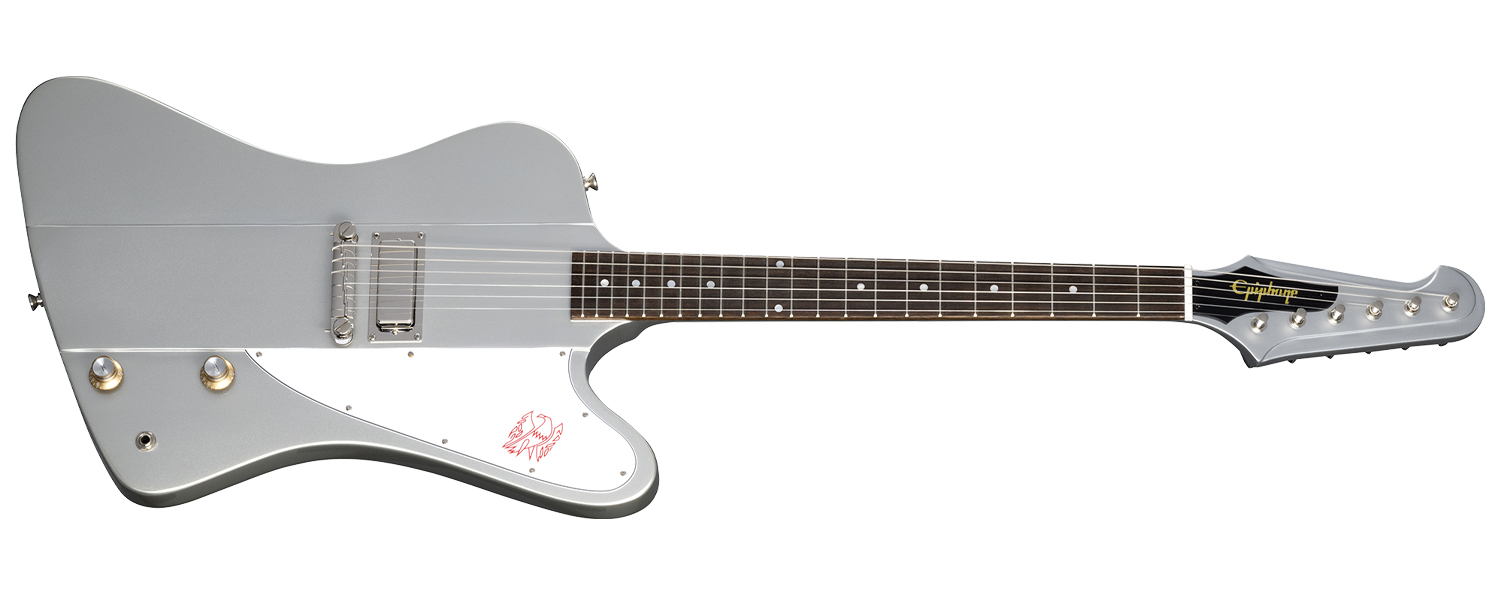
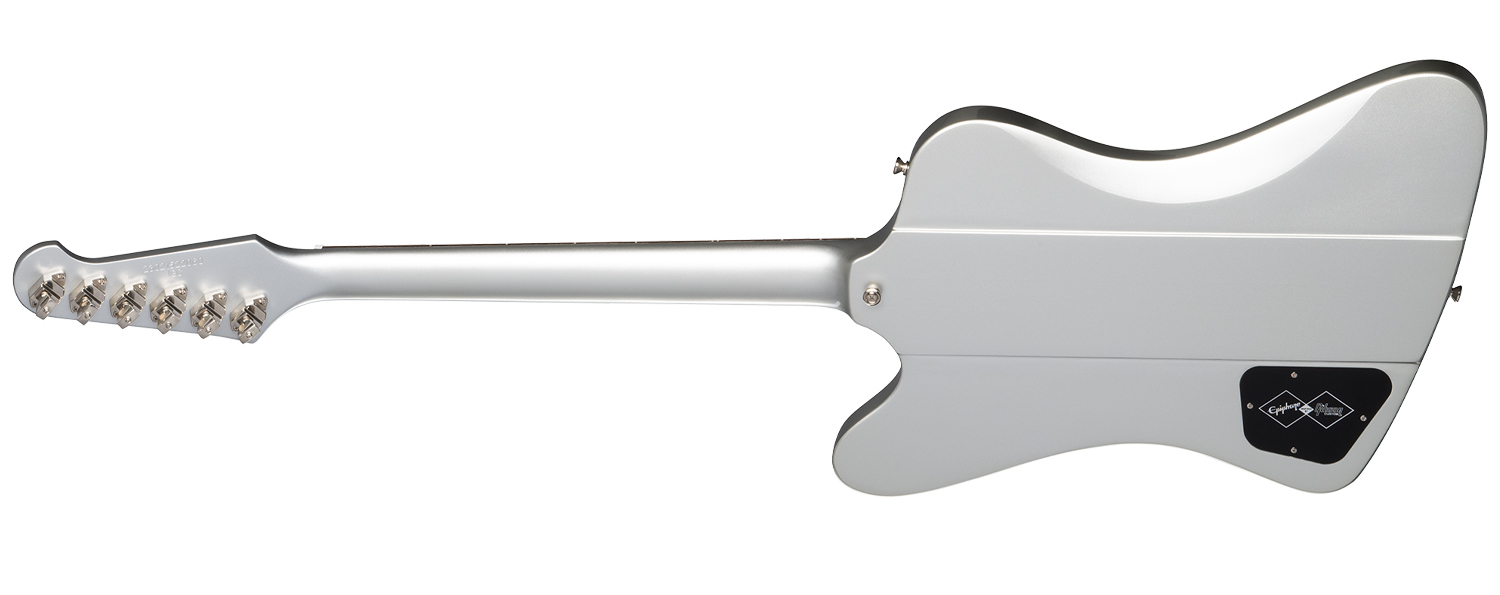
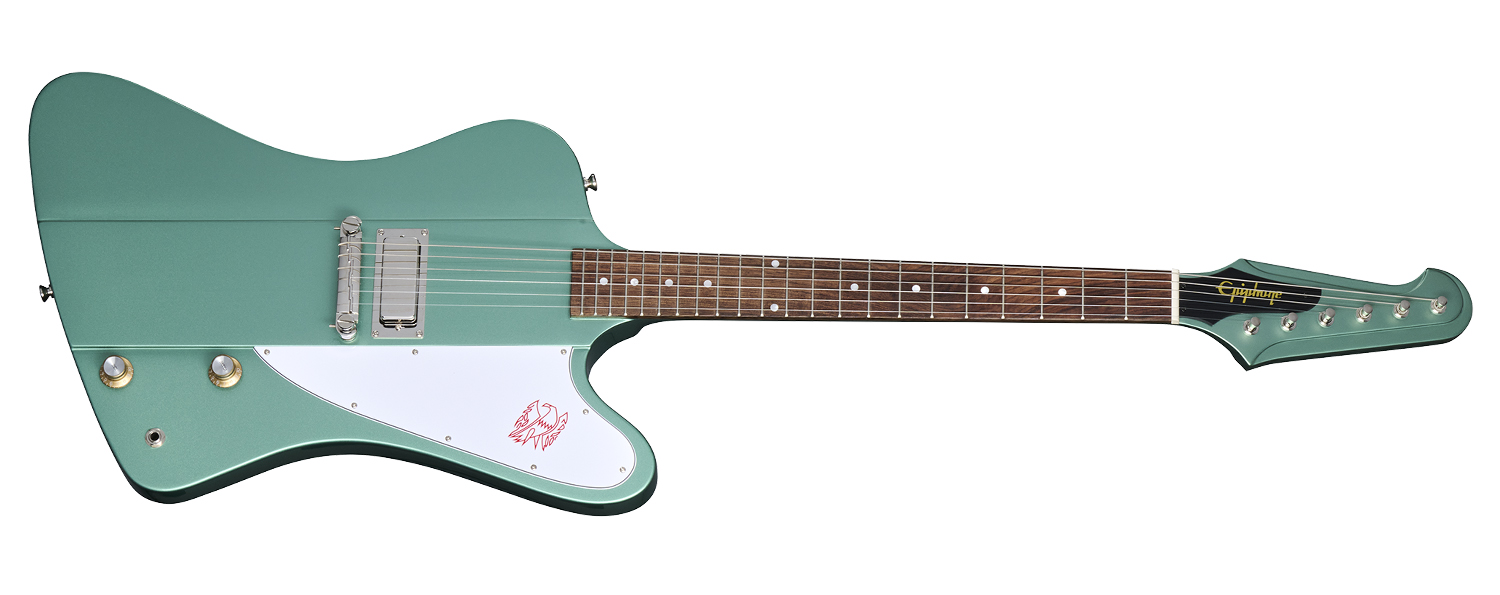
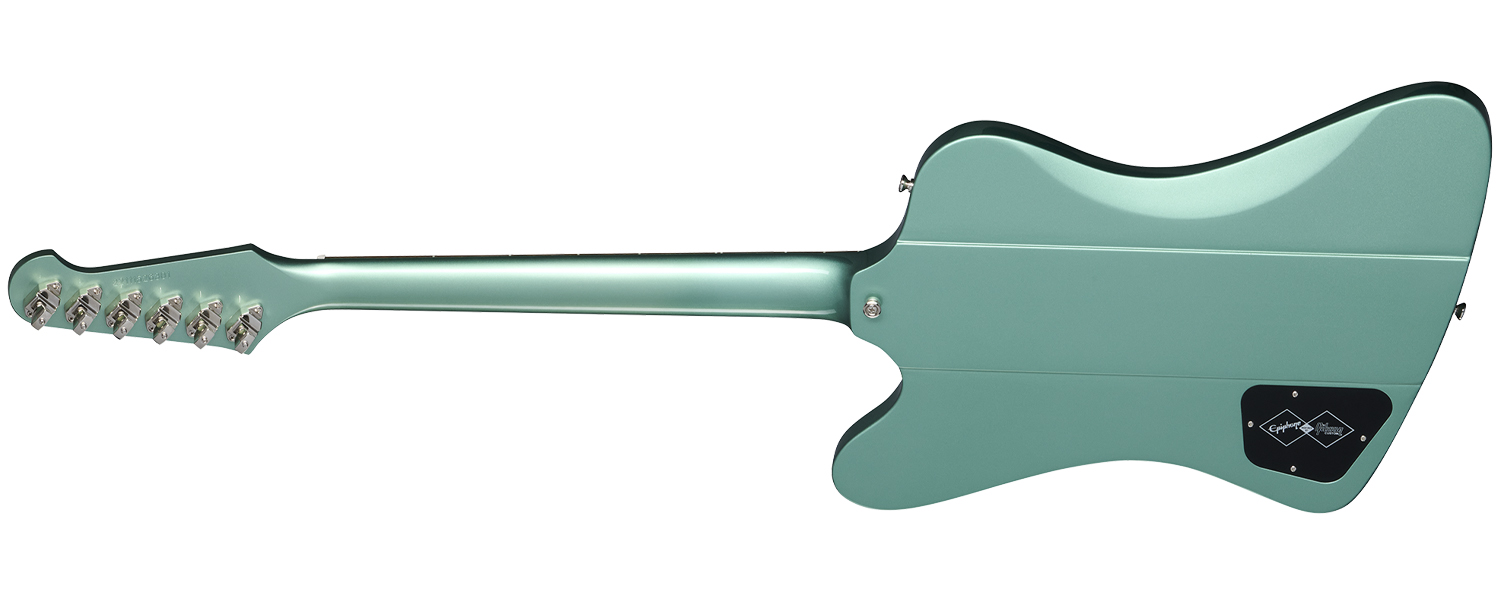
It is no surprise that the likes of Eric Clapton, Brian Jones, Paul Stanley, and Phil Manzanera played Firebirds; just look at them. This was the era when guitar design was taking its cues from Motor City, and back in the day Gibson reached out to Ray Dietrich to come out for an outline with a bit of movement to it.
The Explorer, Flying V and most notoriously the Moderne might have been too much shape for the times but that didn’t put off Gibson and Dietrich. They went for it with the Firebird.
These new Epiphones are a chip off the old block. The Firebird was Gibson’s first neck-through build, and this is what we’ve got here with a nine-ply mahogany and walnut neck sandwiched between two solid mahogany wings – another Custom Shop manoeuvre that is quite ridiculous to see at Epiphone prices.
Want all the hottest music and gear news, reviews, deals, features and more, direct to your inbox? Sign up here.
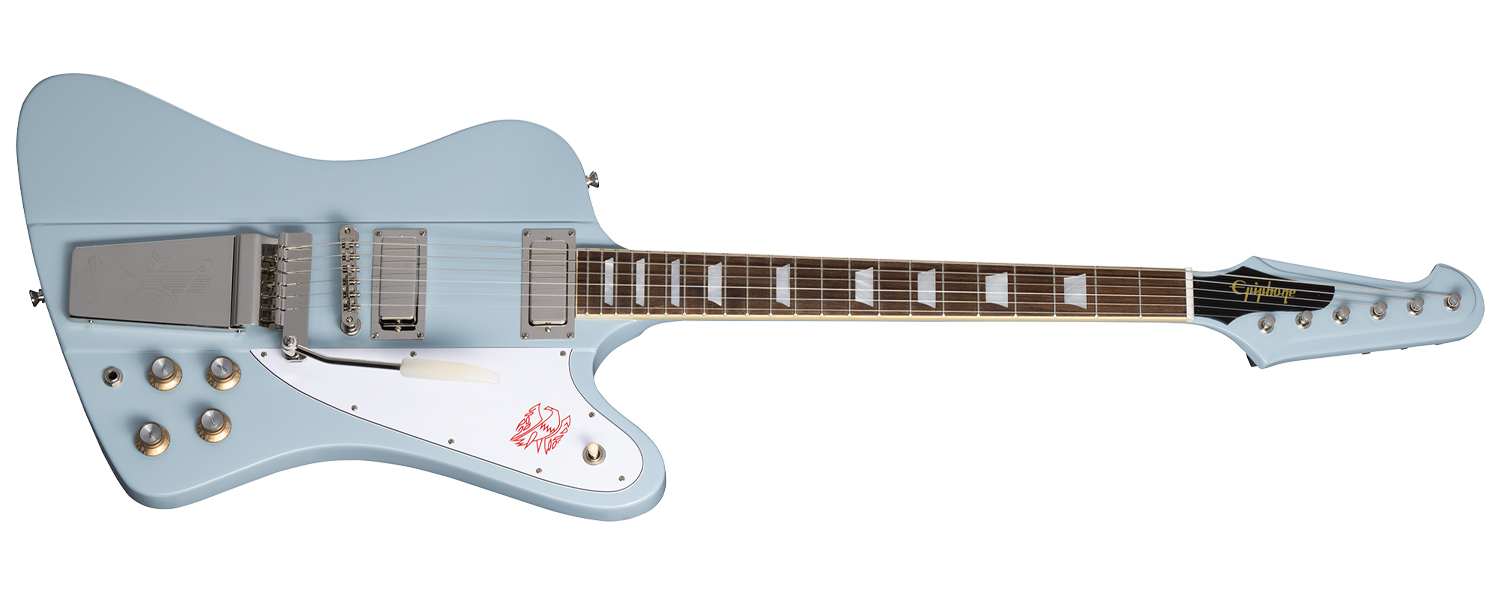
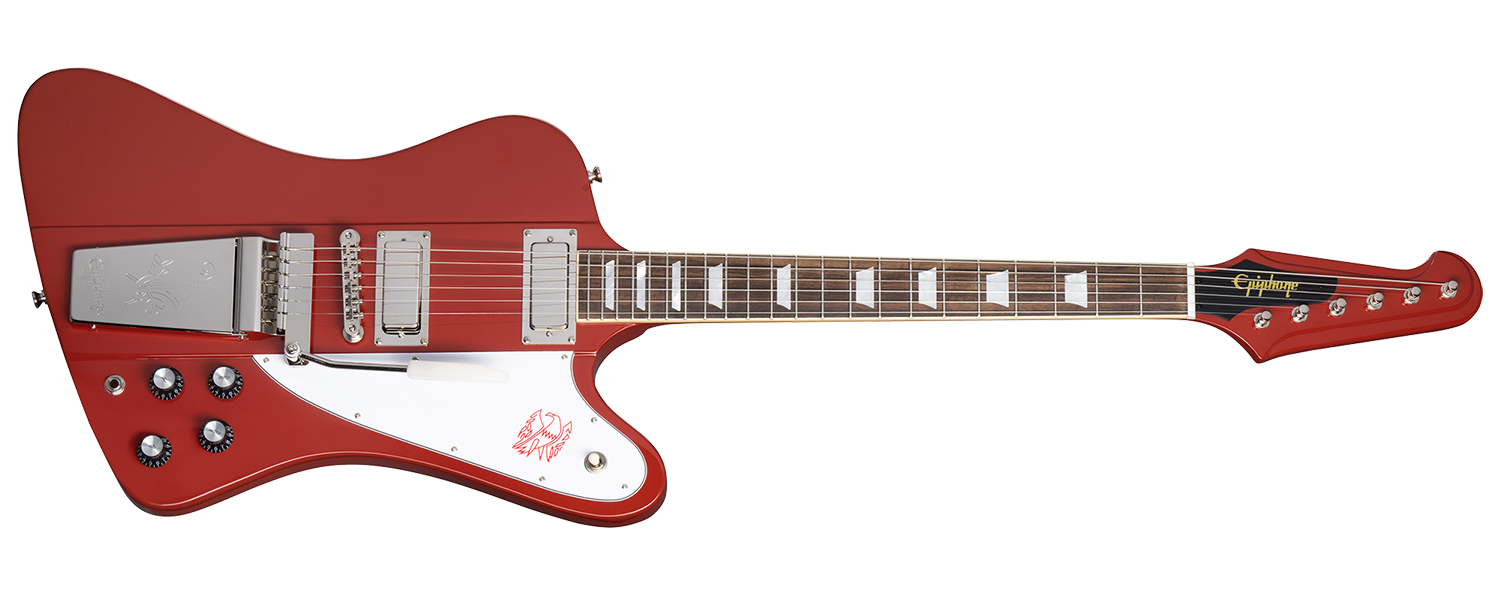
Under the hood you’ve got CTS pots, Mallory capacitors, a Switchcraft three-way pickup selector (on the dual-pickup V model) and Switchcraft output jack.
Both models share the reverse headstock design and are kitted out with the banjo-style Kluson tuners. They’ve got Indian laurel fingerboards with a 12” radius, and a 24.75” scale length. The neck profile is listed as “1963 Firebird” so it would be interesting to do a side-by-side comparison with a vintage model to see how they compare.
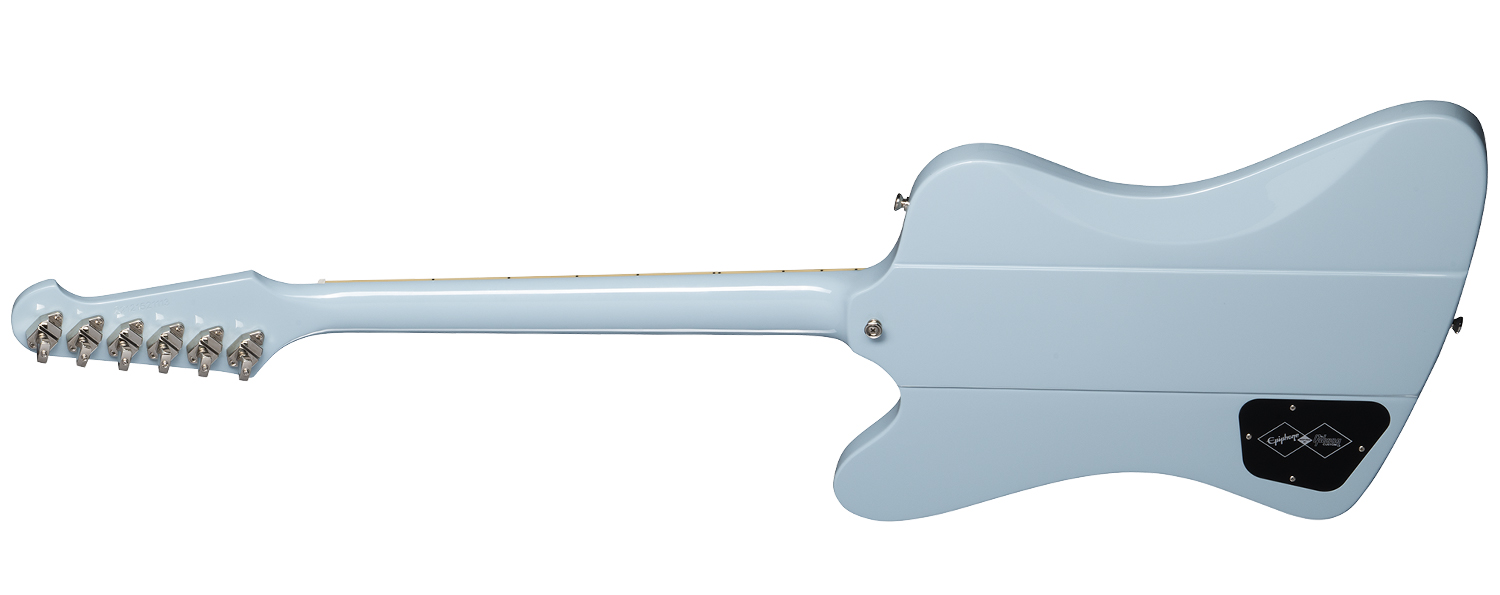
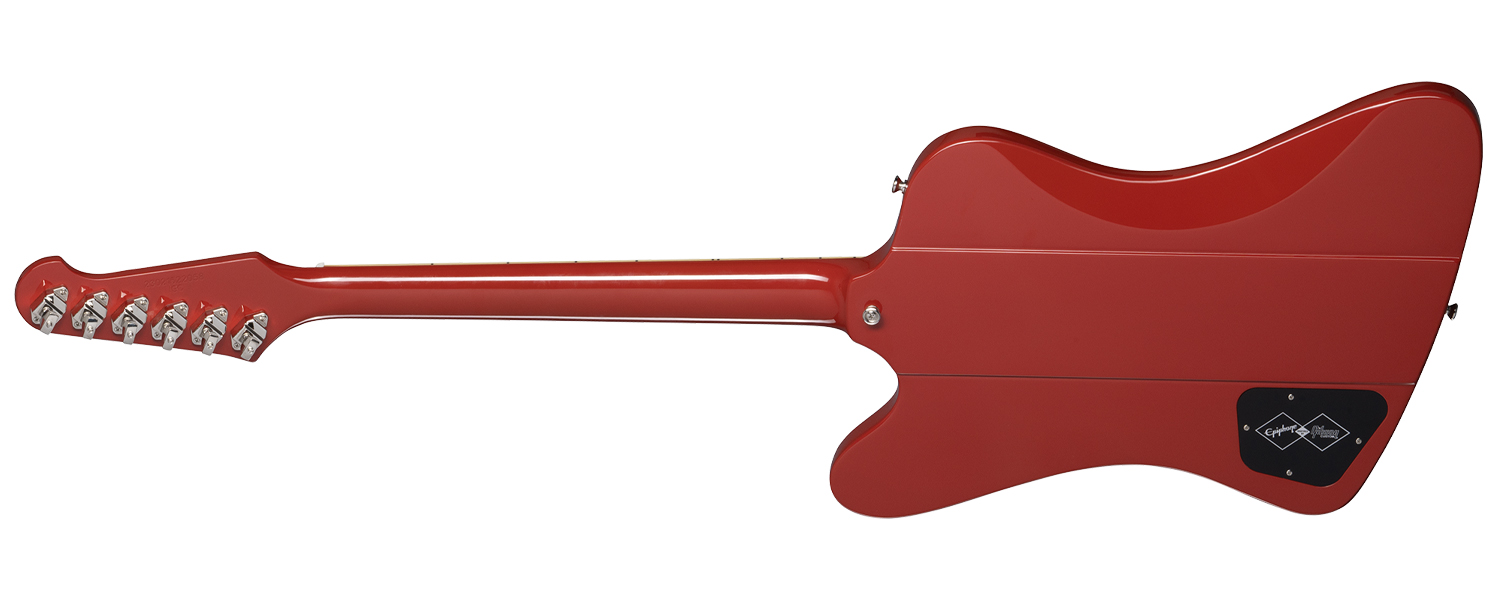
Now, there are some key differences between these two models. Besides the pickup configuration – the Firebird I has one, the V has two – the hardware options and fingerboard inlays differ. The Firebird I has dot inlays, the V has MOP trapezoids. The Firebird I has a simple Wraparound Lightning Bar bridge while the V has an Epiphone ABR bridge and Maestro vibrola.
Finish options vary by model, too, with the Firebird I offered in Heather Poly, Silver Mist and Inverness Green, while the Firebird V is presented in Frost Blue and Ember Red. All look amazing. All come with a hard-shell guitar case, and the details – e.g. pickguards hot-stamped with the Firebird logo, the historic-accurate three strap buttons – will definitely please the vintage enthusiasts.
The Inspired By Gibson Custom Shop 1963 Firebird I and Firebird V are out now, priced £1,349 / $1,699 street. See Epiphone for more details.
Jonathan Horsley has been writing about guitars and guitar culture since 2005, playing them since 1990, and regularly contributes to MusicRadar, Total Guitar and Guitar World. He uses Jazz III nylon picks, 10s during the week, 9s at the weekend, and shamefully still struggles with rhythm figure one of Van Halen’s Panama.
